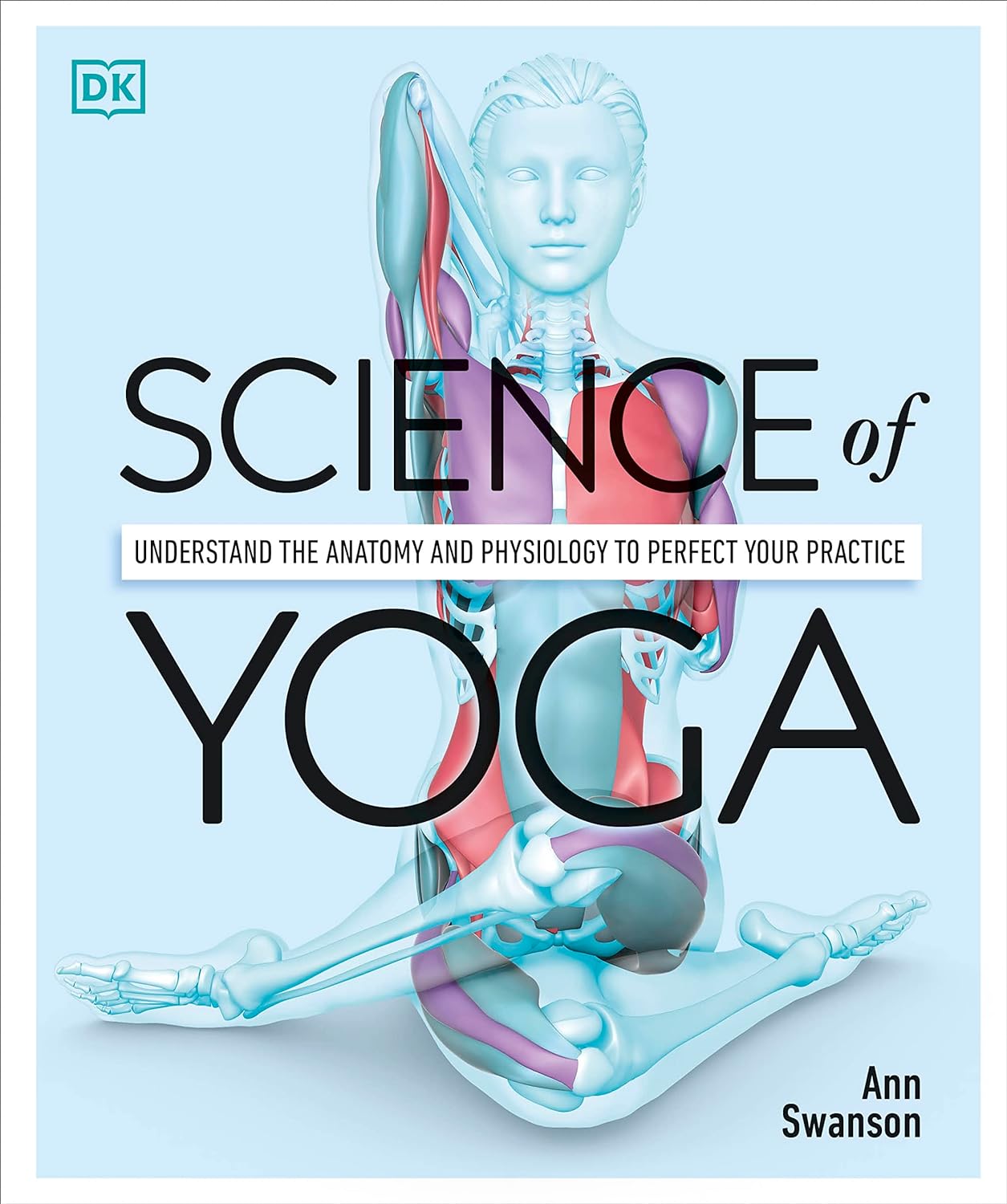Elemental Yoga: Aligning with Nature’s Forces

Hey there, amazing readers! 🖐️ Just a quick note: yes, we know there are a lot of ads here. Trust us, we get it—it’s not the prettiest look, but they help us keep this blog alive and kicking. Those pesky little ads cover the costs of all the behind-the-scenes magic, from hosting and tech stuff to creating content we hope you’ll love.
We’re committed to delivering quality posts, and your support (even just sticking around despite the ads) means everything to us. So, bear with us, and thanks for helping us keep the good vibes rolling. Now, on to the fun stuff! 😉
TRANSLATE BUTTON AT THE END OF THE ARTICLE
A Quick Overview
Elemental yoga is a unique practice that focuses on aligning with the natural forces of the Earth, Water, Fire, Air, and Ether (or Space).
By incorporating the principles of these elements into yoga practice, individuals can deepen their connection to nature, find balance within themselves, and enhance their overall well-being.
This holistic approach to yoga not only benefits the physical body but also nurtures the mind and spirit.
In this article, we will explore the different elements and how they can be integrated into yoga practice to create a harmonious and transformative experience.
Understanding Elemental Yoga Practice
Elemental yoga is a practice that draws inspiration from the elements found in nature.
Each element represents different qualities and energies that can be harnessed through yoga practice.
By aligning with these elemental forces, practitioners can tap into the inherent power of nature and cultivate a deeper sense of awareness and connection.
Elemental yoga emphasizes the importance of balance and harmony, both within the individual and with the world around them.
Through mindful movement, breathwork, meditation, and intention setting, practitioners can explore the intricate relationship between themselves and the elements.
Discovering Earth Element in Yoga
The Earth element in yoga is associated with stability, grounding, and nourishment.
Practicing poses that connect us to the Earth, such as Tree pose or Mountain pose, can help us feel more rooted and centered.
By focusing on the physical sensations of our bodies touching the ground, we can cultivate a sense of stability and presence.
Incorporating Earth element practices into our yoga routine can help us feel more grounded, secure, and connected to the natural world around us.
Embracing the Power of Water in Yoga
Water is a symbol of flow, flexibility, and adaptability.
In yoga, poses that mimic the fluidity of water, such as Seated Forward Bend or Fish pose, can help us cultivate a sense of ease and grace.
By moving with the rhythm of our breath and allowing our bodies to flow like water, we can release tension and resistance.
Embracing the power of water in yoga teaches us to let go of control and surrender to the natural currents of life.
This element reminds us to be adaptable, resilient, and open to change.
Harnessing Fire Energy through Yoga
Fire represents transformation, passion, and vitality.
When practicing yoga poses that ignite our inner fire, such as Warrior pose or Boat pose, we can tap into our strength and drive.
By stoking the flames of our inner fire through breathwork and movement, we can activate our power and motivation.
Harnessing fire energy in yoga helps us cultivate courage, determination, and zest for life.
This element reminds us to embrace challenges, overcome obstacles, and pursue our goals with enthusiasm.
Connecting with Air Element in Yoga
Air symbolizes freedom, expansion, and clarity.
In yoga, poses that open up the chest and lungs, such as Cobra pose or Camel pose, can help us breathe deeply and connect with the element of air.
By focusing on the quality of our breath and cultivating a sense of spaciousness within the body, we can experience a greater sense of mental clarity and lightness.
Connecting with the air element in yoga teaches us to let go of mental clutter, release tension, and create space for new ideas and perspectives.
Balancing the Five Elements in Yoga
Balancing the five elements in yoga is essential for creating harmony and equilibrium within the body and mind.
Each element corresponds to different qualities and energies that need to be balanced for overall well-being.
By incorporating poses and practices that align with each element, practitioners can create a holistic yoga routine that addresses their physical, emotional, and spiritual needs.
Balancing the five elements in yoga helps us cultivate a sense of wholeness, connection, and vitality.
This practice encourages us to honor the interplay of the elements within ourselves and the world around us.
Elemental Yoga Poses for Grounding
Grounding poses in yoga help us feel rooted, stable, and connected to the Earth.
Some elemental yoga poses that promote grounding include:
Tree pose (Vrksasana)
Mountain pose (Tadasana)
Child’s pose (Balasana)
Warrior I pose (Virabhadrasana I)
Goddess pose (Utkata Konasana)
These poses can help us cultivate a sense of stability, presence, and connection to the Earth element.
By incorporating grounding poses into our yoga practice, we can feel more centered, balanced, and grounded in our bodies.
Flowing with Water Element in Yoga
Flowing with the water element in yoga involves practicing poses that promote fluidity, grace, and surrender.
Some elemental yoga poses that embody the qualities of water include:
Seated Forward Bend (Paschimottanasana)
Fish pose (Matsyasana)
Dolphin pose (Ardha Pincha Mayurasana)
Pigeon pose (Eka Pada Rajakapotasana)
Cat-Cow pose (Marjaryasana-Bitilasana)
By flowing with the water element in yoga, we can learn to let go of resistance, move with ease, and embrace change.
These poses encourage us to cultivate a sense of adaptability, flexibility, and emotional fluidity.
Igniting Passion with Fire Element Yoga
Igniting passion with the fire element in yoga involves practicing poses that activate our inner fire, strength, and vitality.
Some elemental yoga poses that harness the power of fire include:
Warrior II pose (Virabhadrasana II)
Boat pose (Navasana)
Plank pose (Phalakasana)
Chair pose (Utkatasana)
Bow pose (Dhanurasana)
By igniting passion with the fire element in yoga, we can tap into our courage, determination, and zest for life.
These poses help us cultivate a sense of empowerment, motivation, and resilience in the face of challenges.
Breathing Techniques for Air Element Yoga
Breathing techniques for the air element in yoga focus on cultivating deep, expansive, and mindful breath.
Some elemental breathwork practices that connect us with the air element include:
Three-part breath (Dirga Swasam Pranayama)
Ujjayi breath (Victorious Breath)
Kapalabhati breath (Skull Shining Breath)
Nadi Shodhana breath (Alternate Nostril Breath)
Sitali breath (Cooling Breath)
By incorporating these breathing techniques into our yoga practice, we can enhance our lung capacity, clarity of mind, and sense of spaciousness.
Breathing with the air element in yoga teaches us to cultivate a sense of peace, lightness, and mental clarity.
Meditation for Connecting with Elements
Meditation for connecting with the elements involves mindfulness practices that deepen our awareness and connection to nature’s forces.
Some elemental meditation techniques that help us connect with the elements include:
Earth meditation (grounding and stability)
Water meditation (flow and adaptability)
Fire meditation (transformation and vitality)
Air meditation (freedom and clarity)
Ether meditation (space and expansiveness)
By incorporating elemental meditation into our daily routine, we can align with the qualities of each element and cultivate a deeper sense of harmony and balance within ourselves.
Meditation for connecting with the elements helps us foster a greater connection to nature and the world around us.
Embracing Elemental Yoga Philosophy
Embracing elemental yoga philosophy involves honoring the interconnectedness of all beings and the natural world.
The philosophy underpins elemental yoga practice, emphasizing the importance of balance, harmony, and respect for the elements.
By embracing elemental yoga philosophy, practitioners can cultivate a deeper sense of gratitude, reverence, and awe for the beauty and power of nature.
This philosophy encourages us to live in harmony with the elements, respect the cyclical nature of life, and honor the interconnectedness of all things.
Conclusion
Elemental yoga offers a holistic approach to yoga practice by aligning with the natural forces of the Earth, Water, Fire, Air, and Ether.
By integrating the principles of the elements into yoga practice, individuals can deepen their connection to nature, find balance within themselves, and enhance their overall well-being.
Through mindful movement, breathwork, meditation, and intention setting, practitioners can explore the intricate relationship between themselves and the elements.
By embracing elemental yoga, individuals can tap into the inherent power of nature and cultivate a deeper sense of awareness, connection, and harmony within themselves and the world around them.

The Enlightenment Journey is a remarkable collection of writings authored by a distinguished group of experts in the fields of spirituality, new age, and esoteric knowledge.
This anthology features a diverse assembly of well-experienced authors who bring their profound insights and credible perspectives to the forefront.
Each contributor possesses a wealth of knowledge and wisdom, making them authorities in their respective domains.
Together, they offer readers a transformative journey into the realms of spiritual growth, self-discovery, and esoteric enlightenment.
The Enlightenment Journey is a testament to the collective expertise of these luminaries, providing readers with a rich tapestry of ideas and information to illuminate their spiritual path.
Our Diverse Expertise 🌟
While our primary focus is on spirituality and esotericism, we are equally passionate about exploring a wide range of other topics and niches 🌍📚. Our experienced team is dedicated to delivering high-quality, informative content across various subjects ✨.
To ensure we provide the most accurate and valuable insights, we collaborate with trusted experts in their respective domains 🧑🏫👩🏫. This allows us to offer well-rounded perspectives and knowledge to our readers.
Our blog originally focused on spirituality and metaphysics, but we’ve since expanded to cover a wide range of niches. Don’t worry—we continue to publish a lot of articles on spirituality! Frequently visit our blog to explore our diverse content and stay tuned for more insightful reads.






